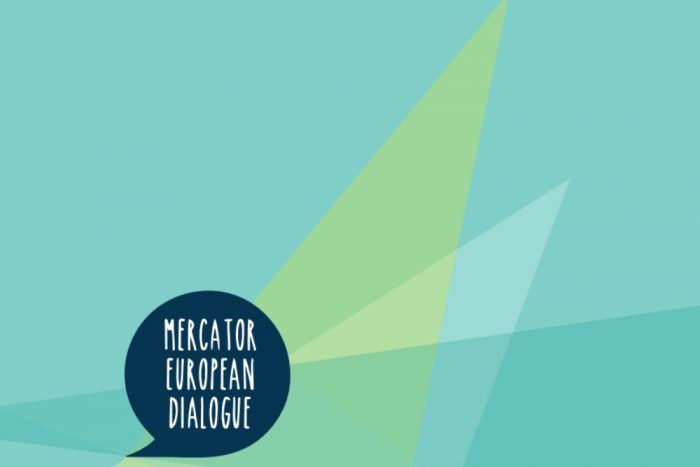When citizens vote in the European Parliament elections in May, the exercise will yet again boil down to 27 parallel national elections. The 705 members will be elected according to national lists and national electoral laws, after campaigns organized by national parties.
Certainly, there will be Europe-wide lead candidates (Spitzenkandidaten) from some of the main EU party groups. Yet, as in the last elections in 2014, they are unlikely to get much traction, as most national parties ultimately see the contest as a domestic trial of strength. This is one of the paradoxes of EU politics.
Political elites in member states have been very generous in providing the European Parliament with expansive legislative and budgetary powers, turning it into the most powerful transnational assembly in the world. Yet, they have also been extremely restrictive when it comes to allowing space for a genuinely European electoral process to take shape.
There have been several initiatives to introduce transnational lists, whereby seats would be reserved for a special electoral district covering all of the EU. This would enable, for example, a Portuguese citizen to vote for a Finnish candidate, and would thus reduce the control of national parties over the elections. So far, however, the majority of the latter do not wish to create a parallel European political space and have blocked these initiatives repeatedly.
Nonetheless, a European political space is gradually opening up. This is due to two interrelated developments: the “nationalization” of European politics and the “Europeanization” of national politics.
Find the Working Paper here.



